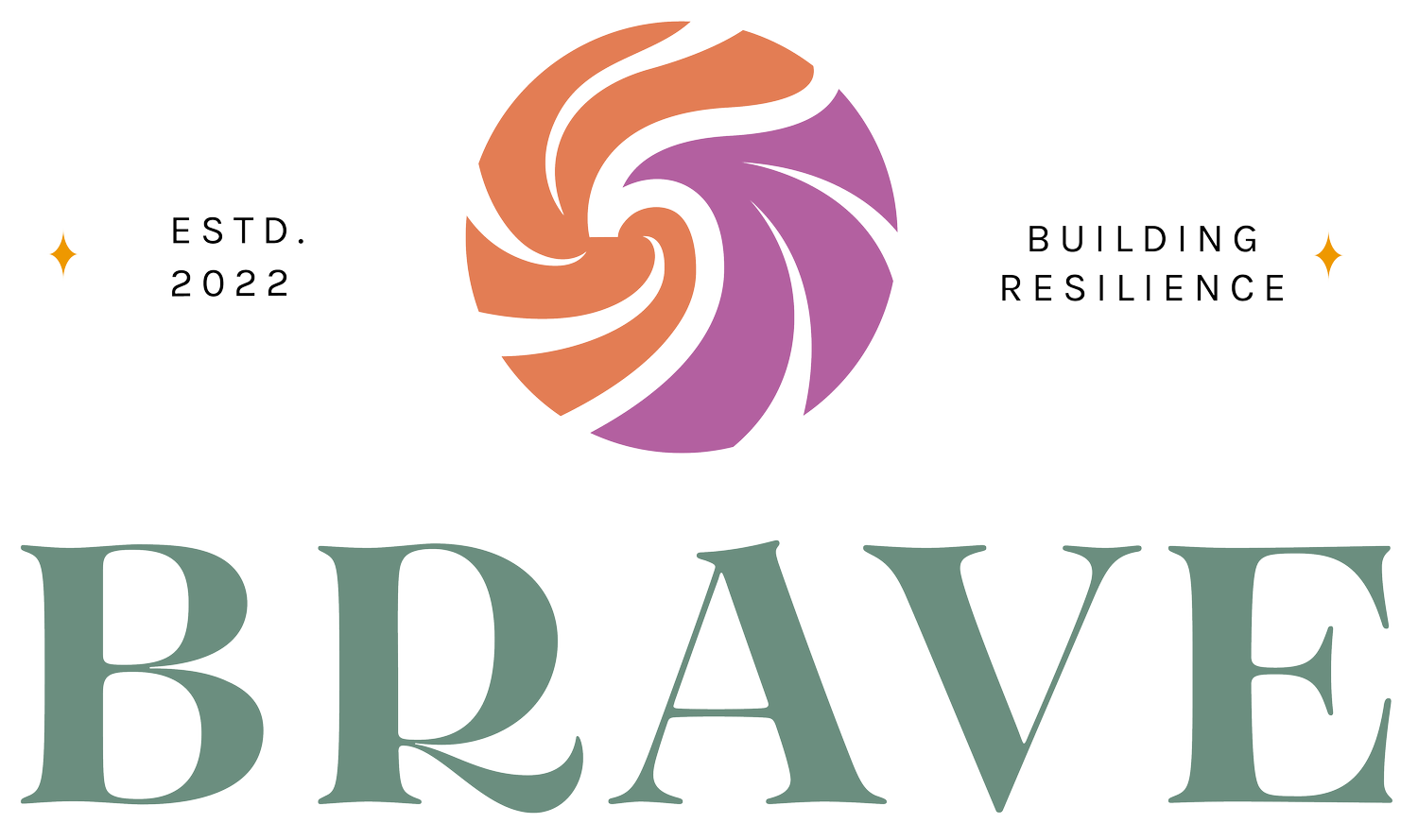Peer Support for Trauma Therapists: Why We Need It and How to Start
Being a trauma therapist means we’re no strangers to holding others' pain. We love the work we do and the deep healing it fosters, yet the emotional toll can sometimes leave us feeling isolated and drained.
We know we’re "supposed to" take care of ourselves—after all, we teach our clients to prioritize self-care—but actually doing it is another story.
I’ve been there, right on the edge of burnout, convinced I had to go it alone. But I learned that the antidote wasn’t just “more self-care” (though important)—it was connection.
It was leaning into peer support, finding people who truly understand what it means to sit with trauma every day, and letting them hold space for me too.
Why Peer Support Matters
I’m not just telling you my opinion - there is a clear empirical knowledge base on the importance of peer support for therapists. Research consistently shows that therapists who engage in regular peer consultation experience lower rates of burnout and higher job satisfaction.
Connection protects us, providing a buffer against the isolation that can make vicarious trauma feel unbearable.
Yet for many of us, the idea of reaching out for support is complicated. It’s not just about finding time—it’s about overcoming the internalized belief that needing help somehow means we’re not cut out for this work.
Please let me tell you - that’s simply not true. In fact, the more you connect, the more resilient you become.
What Peer Support Looks Like
The beauty of peer support is that it can take many forms to meet your needs. Sometimes, it’s a quick text to a colleague after a particularly hard session or day. Other times, structured spaces are needed, like reflective supervision groups or formal case consultations.
Casual interactions matter too. I often think about how valuable a simple coffee chat can be—those informal moments of connection that don’t focus on solving anything but simply offer the gift of being seen.
For me, the most transformative moments of connection have happened inside The BRAVE Trauma Therapist Collective.
BRAVE was built to be more than a community—it’s a lifeline.
It’s where we come together to share, support, and simply be human.
This happens in our deep conversations during live group calls and in our any time asynchronous support in the private community. BRAVE members regularly remind each other that we don’t have to do this work alone.
Overcoming Barriers to Peer Support
Reaching out for support isn’t always easy, especially when you’re a trauma therapist.
For years, I was really lucky to have a network of therapist friends who understood the work I was doing, who understood me. But when I began working in an unhealthy environment, that all changed. I didn’t feel safe being open with others and gradually cut myself off.
It wasn’t until I hit total burnout—and the pandemic turned everything upside down—that I knew something had to change.
That’s when I created BRAVE because I didn’t want other trauma therapists to feel as isolated as I had. In building BRAVE, I began opening up again and rediscovered how necessary it is to have a community of therapists who truly get it.
Today, I’m grateful and proud to count so many of my closest friends as fellow therapists. But getting here wasn’t easy, and I know the barriers that hold many of us back from seeking support.
Sadly, many therapist spaces aren’t safe - a common theme seen online and in-person. But please know they’re not all that way.
And if you’re feeling hesitant about peer support, know this:
It’s okay to start small.
It’s okay to take your time.
And it’s okay to seek a space where you feel truly understood.
Reflection Exercise: Take Your First Step
Peer support doesn’t have to be formal or complicated. Take a moment to think about what feels doable for you this week.
Is there a colleague you can text or email to set up a quick check-in?
What type of group or community could you explore, like BRAVE, to connect with others who understand this work?
Could you create your own supportive ritual, like scheduling a short call with a trusted peer every other week?
What’s your first step? Start there and let the ripple effect of connection do its work.
You Don’t Have to Do This Alone
Peer support isn’t about fixing everything—it’s about being human together.
If you’re ready to find a space created for trauma therapists like you, where you can be fully seen, check out The BRAVE Trauma Therapist Collective. It’s a community created by trauma therapists, for trauma therapists, to remind you that you don’t have to carry this work alone.
Let’s connect, support each other, and thrive together!






